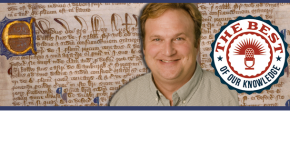Month: June 2015
-
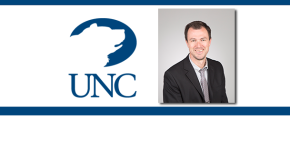
Josh Packard, University of Northern Colorado – Religious “Dones”
More and more people appear to be leaving their religious communities. Josh Packard, sociologist at the University of Northern Colorado, is studying our relationship with religion. Josh Packard is a sociologist who focuses on religion and community studies. He has an active and applied research agenda relying on university-community partnerships, and he strives for projects…
-

Emily O’Brien, Duke University – AFib
Atrial fibrillation is all too common. Emily O’Brien, a medical instructor in the Department of Medicine at Duke University Medical Center and the Health Services Research group at the Duke Clinical Research Institute, is working to treat the cardiac condition. Dr. O’Brien’s primary research focus is care delivery and outcomes in observational cardiovascular disease cohorts,…
-

This Week on The Academic Minute (2015.6.29)
This Week on The Academic Minute Monday, June 29 Emily O’Brien of Duke University discusses her research on atrial fibrillation. Tuesday, June 30 Josh Packard of The University of Northern Colorado describes religious “dones” Wednesday, July 1 Bard College’s Hal Haggard profiles the life cycle of a black hole. Thursday, July 2 Keith Clay of…
-

The Academic Minute for 2015.6.22 – 6.26
Catch up with The Academic Minute from 6.22- 6.26 Monday, June 22 Radu Sporea – University of Surrey Year 2038 Problem Dr. Radu Sporea is Royal Academy of Engineering Academic Research Fellow in the Advanced Technology Institute at the University of Surrey. His current research focuses on power-efficient, cost-effective large-area electronics in organic and inorganic…
-
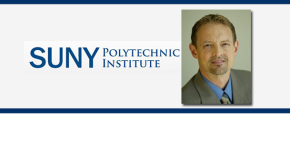
Robert Edgell, SUNY Polytechnic Institute – Creativity and Community
Communities that foster creativity and growth among their top minds will likely flourish. Robert Edgell, a professor of technology management at SUNY Polytechnic Institute, discusses the connection of creativity, innovation, and community. Dr. Robert Edgell is an Assistant Professor of Technology Management at SUNY Polytechnic Institute and a Visiting Professor at the Swiss Business School…
-

Joseph Pawlik, UNCW – Killer Sponges
Sometimes living things don’t share a perfect symbiotic relationship. Joseph Pawlik, a professor at The University of North Carolina Wilmington, discusses sponges and coral reefs. Joseph Pawlik received his BS in 1982 from the University of Minnesota, Twin Cities, and his PhD in 1988 from Scripps Institution of Oceanography, UCSD. After postdoctoral fellowships at Friday…
-
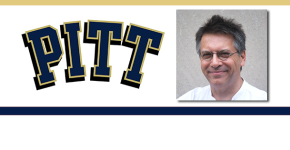
Graham Hatfull, PITT – Bacteriophages
Viruses are all around us! Graham Hatfull, biologist at the University of Pittsburgh, is working to decode their genetic makeup. Graham F. Hatfull, Ph.D. Professor of Biological Sciences, Eberly Family Professor of Biotechnology, Howard Hughes Medical Institute Professor, University of Pittsburgh. Dr. Hatfull is Professor of Biological Sciences at the University of Pittsburgh. He received…
-
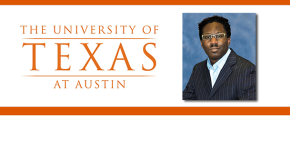
Deji Akinwande, UT Austin – Silicene Transistors and Moore’s Law
Computers are getting smaller faster. Deji Akinwande, an engineer at UT Austin’s Cockrell School of Engineering, discusses Moore’s law and some groundbreaking technology advances. Deji Akinwande is an assistant professor in the Cockrell School of Engineering at The University of Texas at Austin. He received his Ph.D. degree in electrical engineering from Stanford University in…
-
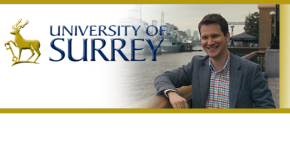
Radu Sporea, University of Surrey – Year 2038 Problem
Remember the hysteria related to Y2K? One of our top engineers, The University of Surrey’s Radu Sporea, profiles a very similar issue we may face in the year 2038. Dr. Radu Sporea is Royal Academy of Engineering Academic Research Fellow in the Advanced Technology Institute at the University of Surrey. His current research focuses on power-efficient, cost-effective large-area electronics…

